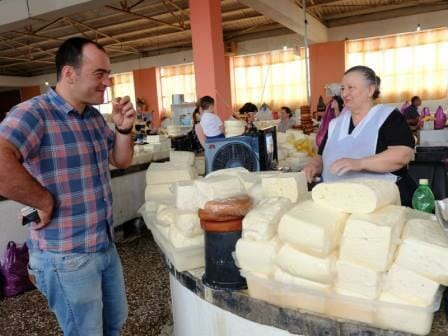>>> Read the full resource
2019, DCED – 5 pages
This update brings together key findings from recent original studies on constraints and solutions to WEE, as well as the social and economic benefits of WEE.
Main takeaways:
- There are persistent gender gaps in the economic empowerment of women and men in the agricultural sector, across different countries.
- Economic transformation offers new opportunities for entrepreneurship, wage labour and social
empowerment, but women often benefit less from these than men.
- In the area of agricultural productivity and climate-smart agriculture, successful country-specific solutions to WEE have focused on addressing the most binding constraints, or enhancing women’s participation in markets that they are already active in.
- Some regulatory reforms and agricultural value chain interventions are found to have social empowerment benefits, and these benefits often seem to increase over time.
- There is however also new evidence that economic development programmes have not always been effective in addressing binding constraints for women.
- Recent research is inconclusive on the relationship between WEE and partner violence, but programmes can probably do more to reduce the risk of harm.
- Most studies highlight the importance of context-specific research to inform programme design and results in measurement.
